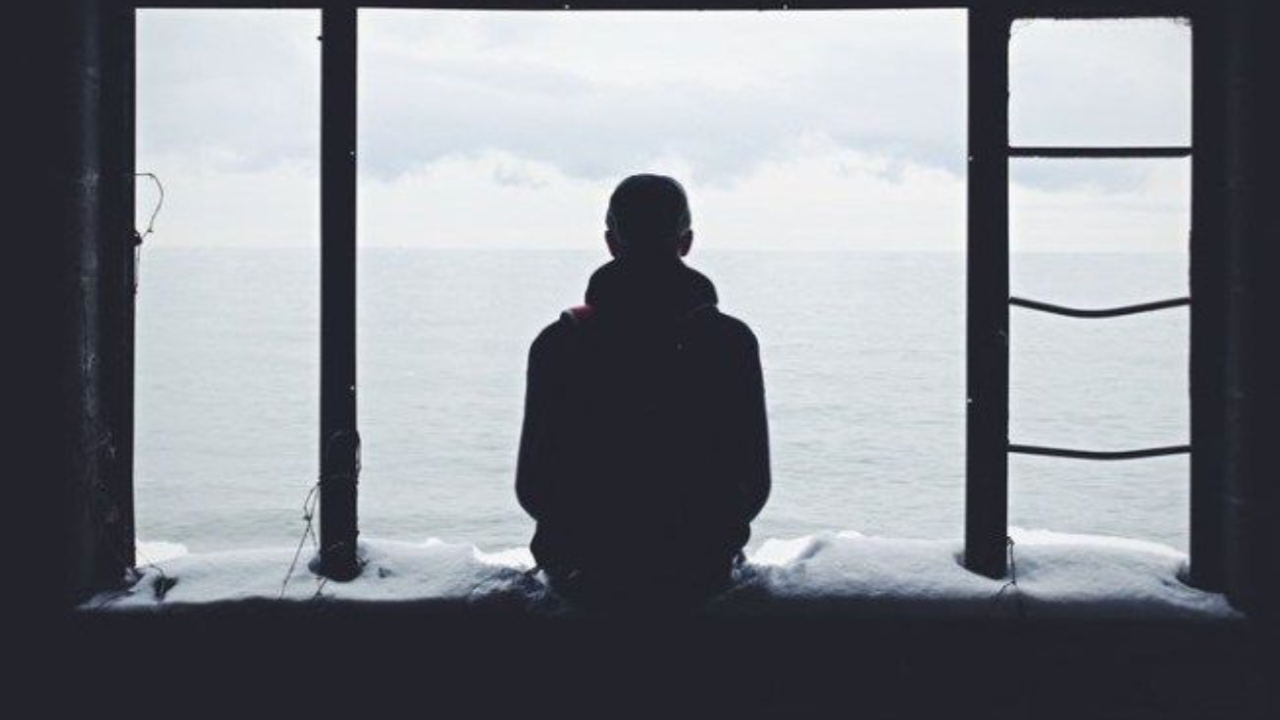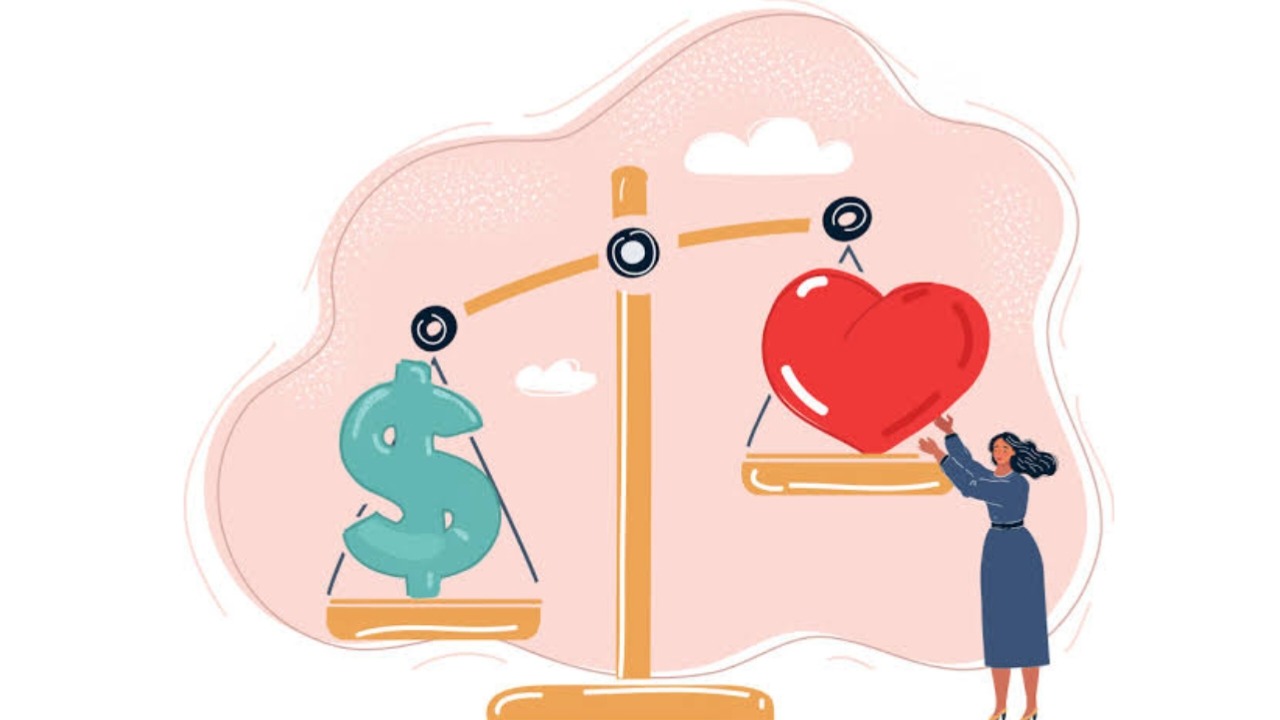The Quiet Grief of Dreams That Never Happened

There are many forms of grief, but the most misunderstood is the one that has no funeral, no condolences, no memory to point at. It is the grief of the life you imagined but never lived, the path you believed was yours until reality proved otherwise. It is the quiet ache of the dream that died silently in your chest, without a single witness. People cry openly when someone dies, but no one teaches us how to mourn the careers we never started, the relationships that never happened, the versions of ourselves that never saw daylight, the dreams we once held with bright eyes but can no longer recognize.
Across continents and cultures, particularly in societies where resilience is celebrated almost to the point of delusion, people grow up with a secret burden: the pressure to “make something” of their lives. From childhood, we are handed expectations like heirlooms. Become a doctor, become a lawyer, become successful, become wealthy, become a great man or woman. The instruction was never to become yourself; it was to become something. And so, we ran. We grew. We obeyed. We stretched our identities like elastic, hoping they would not snap under the weight of other people’s dreams.
The Childhood Dreams That Became Casualties of Reality
Growing up, we all had dreams and aspirations, dreams that were so nerve soothing on paper but to some this never came to limelight. For some, life happened and this unpredictable, unforgiving reality that doesn’t care about childhood ambition or teenage declarations, it seemed to many that while they were making plans for life, life was making its own plan for them. Suddenly you are twenty-five, then thirty, then thirty-eight, staring at the ceiling at night wondering when exactly the dream slipped out of your hand and whether it was ever real to begin with. Maybe you wanted to be an artist but ended up in a bank because life demanded bills, not canvases. Maybe you wanted to study abroad but your parents could not afford it, and now that desire has shrunk into a private resentment you cannot admit aloud. Maybe you dreamed of a family by now, but every relationship collapsed before it became a story worth telling. Maybe you simply thought life would be easier, brighter, bigger.

The world rarely pauses to acknowledge these invisible disappointments. According to a report, there are over 900 million people in 142 countries who are unfulfilled with what they do in life and despite this number, society teaches us to push forward, to pretend the past does not sting that much and we can move past it, to bury the silent grief under productivity and bravado. We celebrate success stories but never examine the millions of people walking around with fractured aspirations. And yet, the quiet grief of dreams that never happened is one of the most universal human experiences. It touches everyone, the graduate who still hasn’t found a job, the woman who thought she’d be a mother by now, the man who imagined owning a business but is stuck in survival mode, the creative whose talent is gathering dust because life got in the way.
The Pandemic of Unfulfilled Potential
What makes this grief so heavy is that it comes with an unannounced shame that is felt within, one that is not voiced out regularly. Many feel embarrassed to admit they failed, even when failure was not their fault. Some shrink into themselves, feeling they have disappointed their families, their communities, even God. Others become loud, trying to mask their sense of loss with exaggerated confidence. We see this especially among young people across Africa today, where structural realities collide with personal ambition. The job market is brutal, the cost of living keeps rising, and opportunities rarely align with dreams. Yet, every day on social media, people proclaim that they are grinding, winning, securing the bag, living the soft life. Behind that façade is a generation quietly mourning the lives they imagined at sixteen, nineteen, twenty-three.
But beneath the sorrow lies another truth: some dreams die because they were never really ours and for others they never really did the work, they were just wishing for a soft life with no action. For the former they inherited, were imposed, walked through expectations and silent pressures from those around them, the latter were just not doing the work. Many people chase dreams shaped by society, tradition, or parental desire, not personal conviction. The quiet grief we feel sometimes is not the grief of losing a dream but the grief of admitting we never wanted it in the first place. And that form of honesty can feel like betrayal. Betrayal to culture, to family, to the younger version of ourselves who believed life would unfold a certain way.

There is also the grief of timing, that cruel companion of adulthood. You wanted to do something but you were too young, too old, too busy, too afraid, too tired, too late. Time moves in one direction, but dreams do not always keep pace. For many, the heartbreak is not that they failed, but that they ran out of time. Time to try. Time to learn. Time to become. No one warns you that time is not only precious, but silent. It doesn’t announce when a chapter is closing. It just closes.
Every human carries these silent stories, but we rarely speak them aloud because society performs life as if everything is under control. We see this especially in African households where vulnerability is often perceived as weakness. You are not allowed to say you are lost, confused, or grieving the version of yourself who never emerged. You are expected to be grateful. You are expected to be strong. You are expected to compare yourself to those who are suffering more and conclude that your sorrow is invalid.
Yet grief does not need permission to exist.
Sometimes it appears in subtle ways, the heaviness in your chest when you see someone succeeding in a path you abandoned even if you're succeeding in a different field you have no interest in, the strange sadness that washes over you on your birthday, the frustration you feel when asked “What are you doing now?”, the numbness that comes from scrolling through other people’s highlight reels. Other times, it is loud, breakdowns, self-doubt, panic, a quiet resentment of life itself. These are signs that something inside you is mourning a future you hoped for that never arrived.
Social Insight
Navigate the Rhythms of African Communities
Bold Conversations. Real Impact. True Narratives.
And still, not all lost dreams are tragedies. Some are lessons, redirections, signs of evolution. You are not who you were at sixteen, or twenty-one, or even last year. Dreams are not static, and neither are we. Sometimes the grief comes because we are holding onto something that no longer fits the person we have become. Growth requires shedding. Letting go can feel like failure, but it is often a transformation in disguise.
The African Reality: Where Dreams and Economics Clash
There is also a deeper layer to this conversation, the political and economic systems that shape the dreams of entire generations. In many African countries, the environment is hostile to ambition. Poor governance, limited opportunities, economic instability, lack of support systems, and social inequality make dreaming feel like a gamble. You can be brilliant, disciplined, hardworking, and still fail. You can do everything right and still watch your dream collapse due to circumstances beyond your control. This reality fuels the quiet grief carried by millions. They are not hopeless; they are exhausted.

And so we find ourselves in a world full of people pretending they are fine while silently negotiating with disappointments. But maybe the real healing begins when we start acknowledging the losses we cannot name. There is power in admitting you are grieving something intangible. It makes you human, not weak. It opens the door for reinvention, not defeat.
The quiet grief of dreams that never happened does not mean your story is over. It simply means you are between chapters, mourning the one that closed, uncertain about the next, but still capable of writing it. Life is not a single dream but an ever-shifting landscape of possibilities. New dreams can emerge from old disappointments. New paths can appear where old ones ended abruptly. Some dreams take longer, look different, or emerge in unexpected forms. Others require learning, healing, or simply forgiving yourself.
There is a strange beauty in this kind of grief. It humbles you. It deepens your compassion. It teaches you that life is not a linear journey but a mosaic of losses, victories, detours, reinventions, and quiet resurrections. It shows you that your worth is not tied to what you achieve but to who you become along the way.
Conclusion: The Quiet Grief, The Quiet Hope
Maybe the dreams you lost made space for the person you are becoming. Maybe mourning them is the first step toward understanding what you truly want. Maybe the life you imagined was only a shadow of the life you are destined to build. And maybe, just maybe, the grief itself is proof that you are still alive enough to hope again.

And if you're still yearning for a dream why not go for it as there is nothing that can stop you if you are determined, let the thought of your dreams push you into achieving them.
In the end, there is no shame in grieving the dreams that never happened. What matters is what you do after the mourning, whether you choose to bury your desire for growth or allow it to bloom in a new direction. Whether you stay stuck in the life you imagined or open yourself to the life waiting to be created.
The quiet grief may linger, but so does the quiet possibility of becoming someone new.
You may also like...
Super Eagles Fury! Coach Eric Chelle Slammed Over Shocking $130K Salary Demand!
)
Super Eagles head coach Eric Chelle's demands for a $130,000 monthly salary and extensive benefits have ignited a major ...
Premier League Immortal! James Milner Shatters Appearance Record, Klopp Hails Legend!

Football icon James Milner has surpassed Gareth Barry's Premier League appearance record, making his 654th outing at age...
Starfleet Shockwave: Fans Missed Key Detail in 'Deep Space Nine' Icon's 'Starfleet Academy' Return!

Starfleet Academy's latest episode features the long-awaited return of Jake Sisko, honoring his legendary father, Captai...
Rhaenyra's Destiny: 'House of the Dragon' Hints at Shocking Game of Thrones Finale Twist!

The 'House of the Dragon' Season 3 teaser hints at a dark path for Rhaenyra, suggesting she may descend into madness. He...
Amidah Lateef Unveils Shocking Truth About Nigerian University Hostel Crisis!

Many university students are forced to live off-campus due to limited hostel spaces, facing daily commutes, financial bu...
African Development Soars: Eswatini Hails Ethiopia's Ambitious Mega Projects

The Kingdom of Eswatini has lauded Ethiopia's significant strides in large-scale development projects, particularly high...
West African Tensions Mount: Ghana Drags Togo to Arbitration Over Maritime Borders

Ghana has initiated international arbitration under UNCLOS to settle its long-standing maritime boundary dispute with To...
Indian AI Arena Ignites: Sarvam Unleashes Indus AI Chat App in Fierce Market Battle

Sarvam, an Indian AI startup, has launched its Indus chat app, powered by its 105-billion-parameter large language model...






